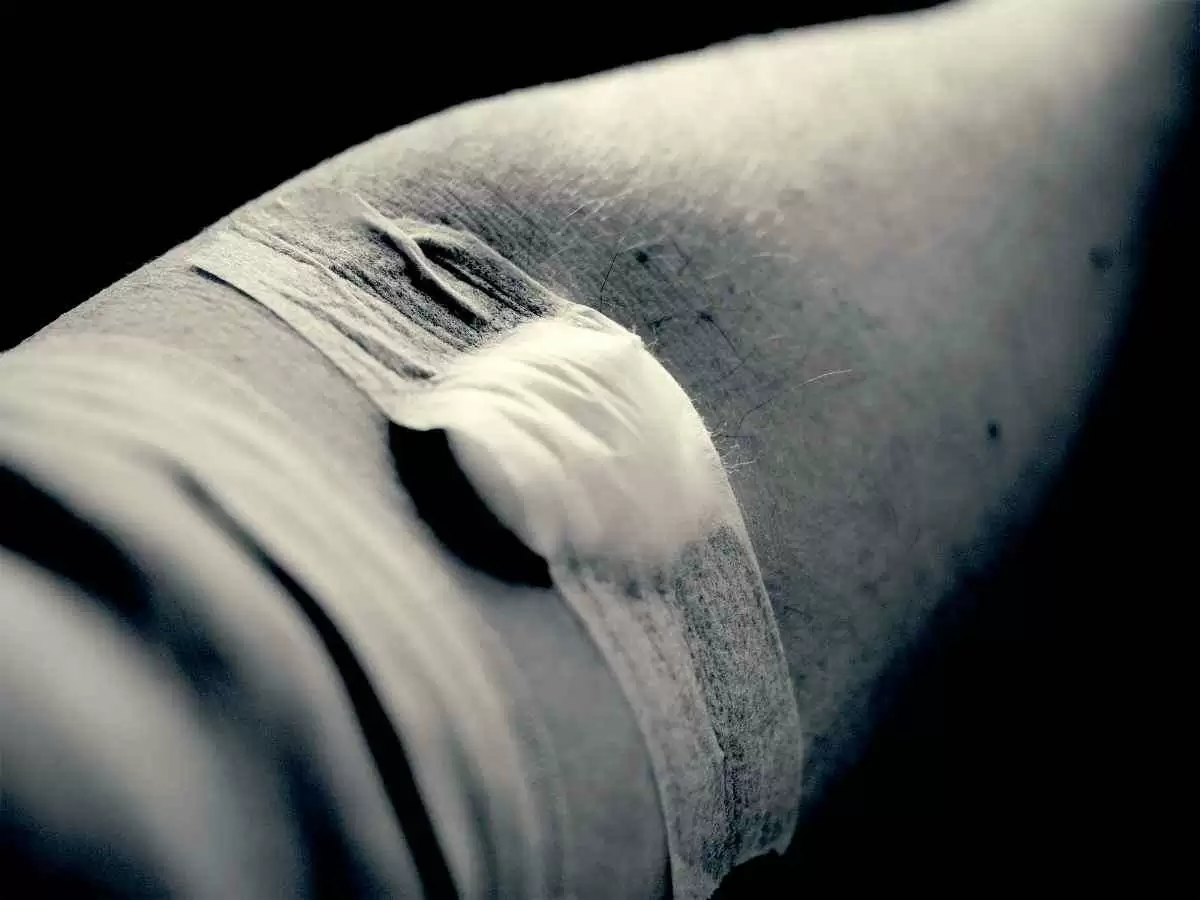
Celiac.com 02/24/2023 - Celiac disease is an autoimmune disorder defined as a permanent immune response to gluten from wheat, barley, and rye. Celiac disease affects the small intestine, causing damage to the intestinal lining and triggering specific antibodies.
Celiac disease can affect multiple systems in the body, and symptoms can often be vague and widespread. Because of this, it can resemble a multi-systemic disorder, rather than a gut condition. Celiac diagnosis is made by detecting celiac-specific antibodies such as tissue transglutaminase in the blood. In most cases, a patient with a positive initial celiac blood screen will need an intestinal biopsy is required to confirm the diagnosis, although there are some non-biopsy strategies suggested for selected children.
Celiac.com Sponsor (A12):
To provide high-quality evidence-based clinical practice guidelines, and answer common clinical questions and improve healthcare, the American College of Gastroenterology has updated its 2013 guidelines for the diagnosis and management of celiac disease, including the detection of celiac disease-specific antibodies in the serum for initial screening.
The Researchers
Gastroenterologists included Alberto Rubio-Tapia, MD; Ivor D. Hill, MD; Carol Semrad, MD; Ciarán P. Kelly, MD; and Benjamin Lebwohl, MD, MS published the update in the American Journal of Gastroenterology. They are variously affiliated with the Division of Gastroenterology, Hepatology, and Nutrition, Digestive Disease and Surgery Institute, Cleveland Clinic, Cleveland, Ohio, USA; the Division of Gastroenterology, Hepatology, and Nutrition, Nationwide Children Hospital, Columbus, Ohio, USA; the Division of Gastroenterology, University of Chicago, Chicago, Illinois, USA; the Division of Gastroenterology, Beth Israel Deaconess Medical Center, Boston, Massachusetts, USA; the Division of Gastroenterology and Hepatology, Columbia University, New York, USA.
Updated Guidelines for Celiac Disease Diagnosis
The new guideline provides updated recommendations for celiac disease diagnosis and management. It covers topics such as the indication for celiac testing, diagnostic strategies for people on a gluten-containing or gluten-free diet, the role of biopsy in confirming diagnosis, and general approaches to celiac management. The guideline also covers preventive care such as vaccination, gluten-free dietary monitoring, and methods for diagnosing non-responsive celiac disease.
Most patients will need a biopsy to confirm a celiac diagnosis, though they do cover a non-biopsy strategy for selected children.
The current treatment for celiac disease is a strict gluten-free diet, along with lifetime medical follow-up. Most patients have excellent clinical responses to the gluten-free diet, however, a small portion of patients may have persistent or recurrent symptoms, known as non-responsive celiac disease. This requires a systematic workup to rule out other causes, such as accidental gluten contamination.
Refractory celiac disease is a rare form of non-responsive celiac disease with poor outcomes. The updated guidelines aim to provide healthcare professionals with the latest recommendations for the evaluation and management of patients with celiac disease.
Among the recommendations, the authors suggest starting a gluten-free diet prior to confirmation of diagnosis in patients with suspected celiac disease, though they admit this is based on low-quality evidence.
They recommend that patients who start a gluten-free diet before confirming diagnosis should receive a definitive diagnosis with EGD and duodenal biopsies as soon as possible, a strong recommendation based on moderate quality evidence.
They stress that starting a gluten-free diet before confirmed diagnosis may improve patient symptoms and facilitate the diagnostic process.
The updated guidelines also call on doctors to advise patients, who do start a gluten-free diet before getting a confirmed diagnosis, that a gluten-free diet may only be necessary if a definite celiac diagnosis can be made. Without a confirmed diagnosis, a long-term gluten-free diet is not advisable.
Read more in The American Journal of Gastroenterology 118(1):p 59-76, January 2023.









Recommended Comments
There are no comments to display.
Create an account or sign in to comment
You need to be a member in order to leave a comment
Create an account
Sign up for a new account in our community. It's easy!
Register a new accountSign in
Already have an account? Sign in here.
Sign In Now